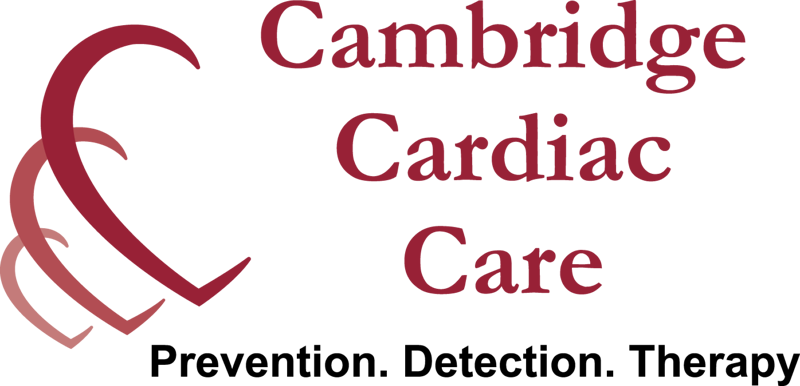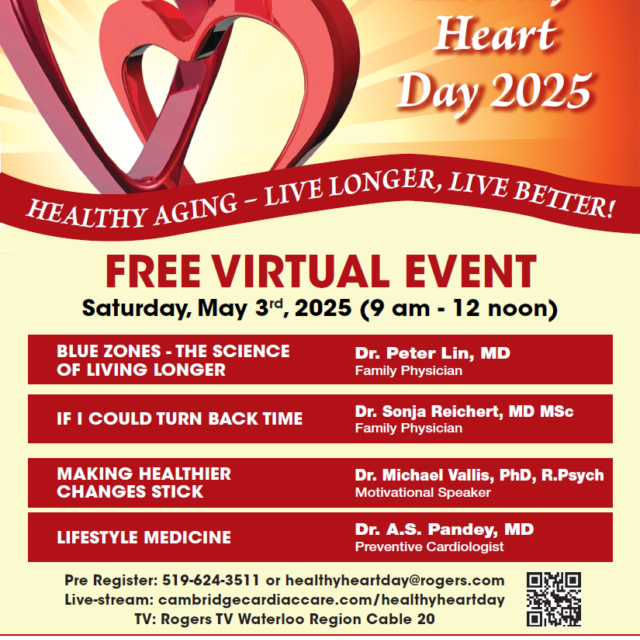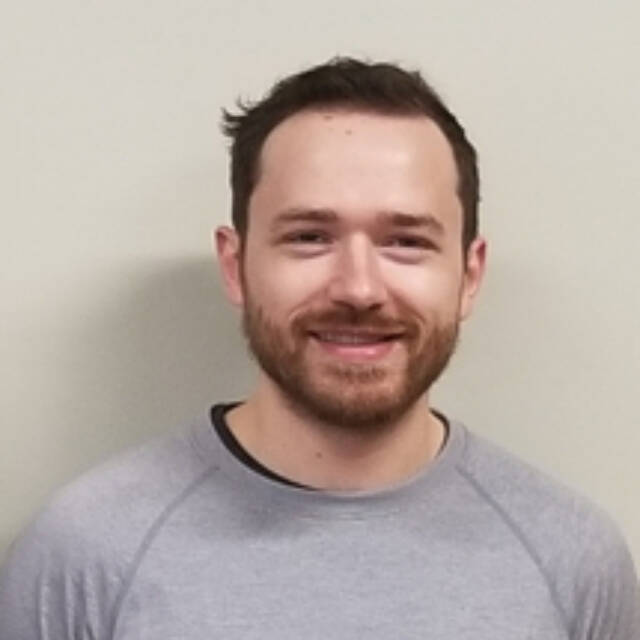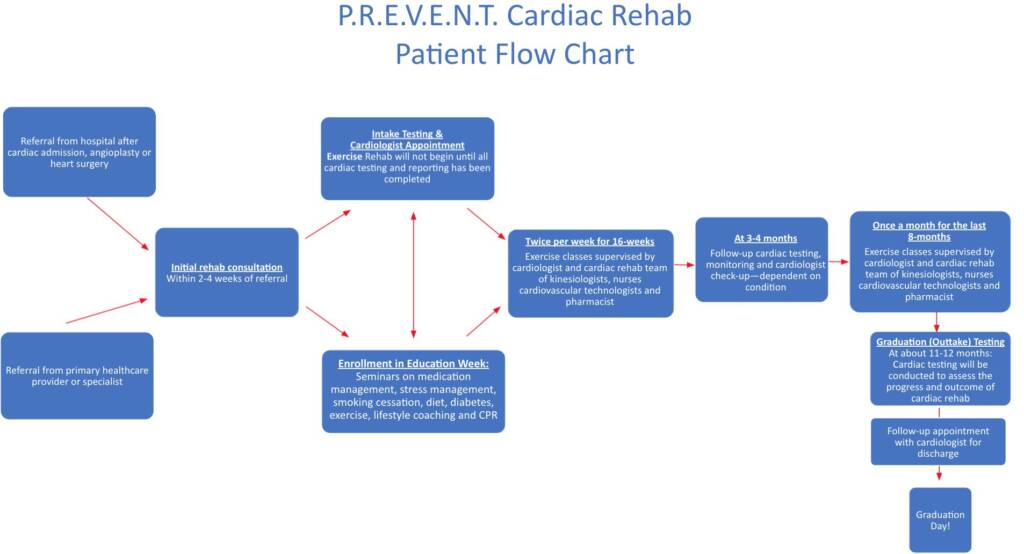Our risk-reversal program may be for you.
If you answer yes to any 1 of these 12 questions, talk to your healthcare provider.
- Have you had a heart attack or stroke?
- Have you had angina or chest pain?
- Are you recovering from cardiac surgery?
- Do you have a pacemaker or other cardiac implant?
- Have you had an angioplasty?
- Do you have diabetes, high cholesterol or high blood pressure?
- Are you or have you been a smoker?
- Has your physician told you that you are at high-risk of developing heart disease?
- Do you have congestive heart failure?
- Do you have congenital heart disease?
- Do you have atrial fibrillation?
- Do you have a family history of heart disease or stroke?
Just one ‘yes’ makes you a candidate for the P.R.E.V.E.N.T. cardiac rehabilitation and risk-reversal program.*
*By referral only.


 1.jpg)










